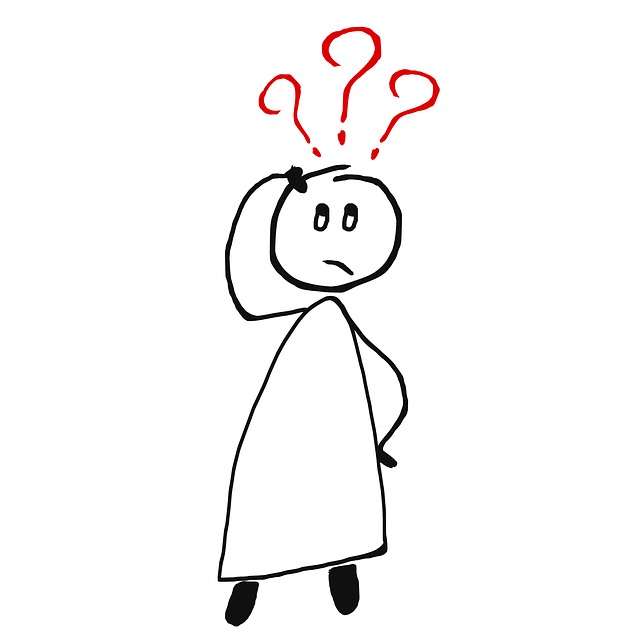Other Articles,
Electric Vs. Manual: Which Toothbrush Should You Choose?
By Buttercup 7 Day Dental 23rd Feb 2017
 Our patients often ask what toothbrush we’d recommend, and so we thought we’d write a blog about it.
Our patients often ask what toothbrush we’d recommend, and so we thought we’d write a blog about it.
When you stand in Boots and look down the oral hygiene aisle there is an awful lot of choice, and for some, that choice is overwhelming.
Whether you’re the kind of person that grabs a random brush and runs out, spends 20 minutes trying to match your teeth with the perfect brush head, or if you’re trying to outweigh the costs and benefits of the different choices, this post is for you.
Brushing technique
When you use a regular toothbrush the technique is entirely up to yourself. If you’re a really good brusher, then well done you, you’re one of the few.
The technique that an electric toothbrush uses depends on the make of it, but the brushing is consistent. A lot of the electric brushes pulsate, oscillate or rotate. And more often than not, the toothbrush uses a combination of the three movements
An electric toothbrush can deliver up to 48,000 movements per minute, whereas a regular manual toothbrush only delivers 300- 600 movements per minute. That’s a very significant difference if you ask us.
Timing
Most people underestimate the two minutes they’re supposed to brush their teeth. So unless you’ve got a timer set, or a very good sense of time; it’s very easy to lose track of time.
The vast majority of electric brushes have a built in timer. This helps ensure that you brush your teeth for the recommended 2 minutes that it takes to give your teeth and gums the scrub that they deserve.
Removing Plague
A regular toothbrush head is often larger than an electric brush head. This means that it can be more difficult to reach those ‘hard to reach’ places. If you’re not getting to all surfaces of your teeth, plaque starts building up. Plaque gradually accumulates and often leads to tooth decay or other dental issues.
Because the head on an electric toothbrush is smaller, and because it’s consistent in it’s movements, it’s easier to get properly in between teeth and along the gums. Most electric brushes pulsate whilst they clean, this helps loosen plaque and then sweep it away.
Price
Manual toothbrushes are very inexpensive, even if you change them every third month as recommended. Most prices range between 80p and £3, a very manageable cost for the vast majority of people.
Electric toothbrushes are a bit more expensive. Ranging from around £25 to £280, there’s quite the selection.Don’t let the £200+ scare you off, those are the Tesla’s and Ferrari’s of electric brushes, a cheaper electric toothbrush will do you just fine.
The final conclusion
Unless you are a super brusher, then the electric toothbrush probably does a better job of cleaning all of your teeth. An electric toothbrush does all the hard work for you. You just need to relax and lead the way.
That said, the best kind of toothbrush is the one you actually use!
If you’re going to forget to charge the electric one, if the brush head goes missing every other day, if you think it’s too noisy, or whatever other reason you have – then stick to the manual toothbrush and make sure you get it done.
If you’re in doubt what to look for when choosing your toothbrush, then book an hygiene appointment and come see us. We love to talk about toothbrushes, and we’re happy to discuss what kind we think would suit your mouth.

Similar Posts
Looking for a dentist in Glasgow’s West End? 5 reasons to join Buttercup 7 Day Dental
By Hannah Kemp • 07th Aug 2020
What is Invisalign Glasgow and what are its benefits?
By Hannah Kemp • 08th Jul 2020


